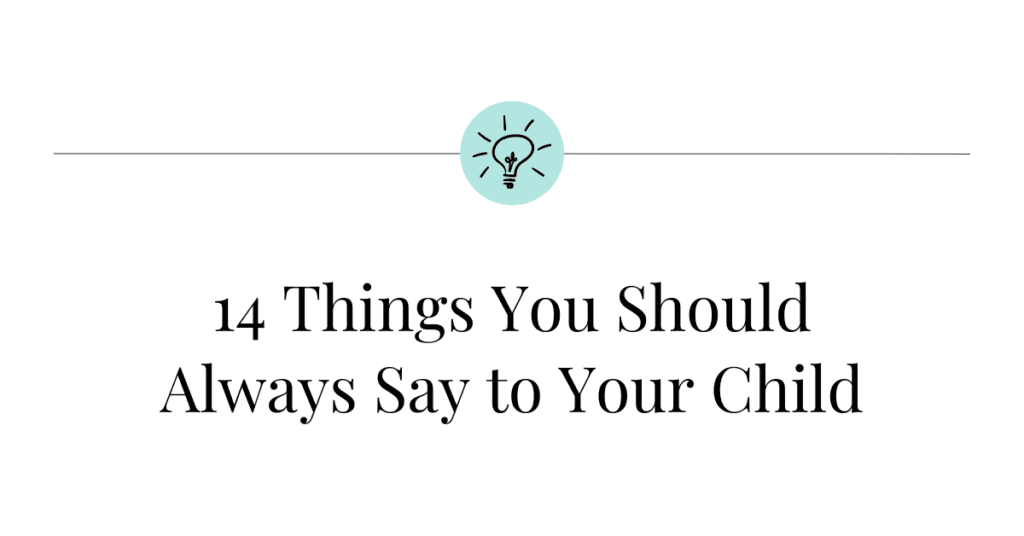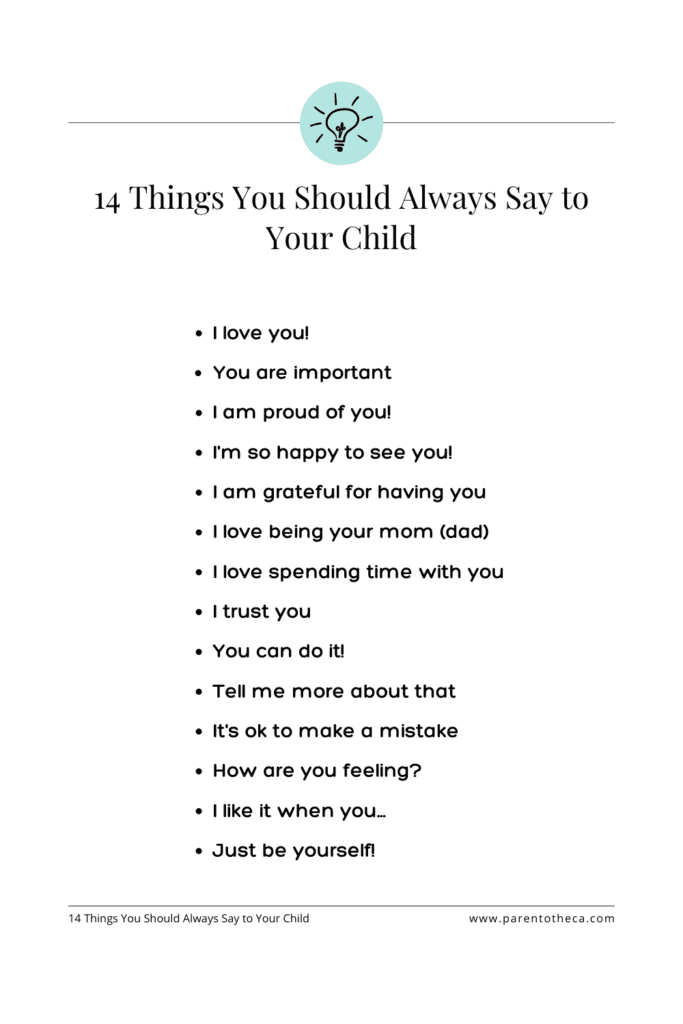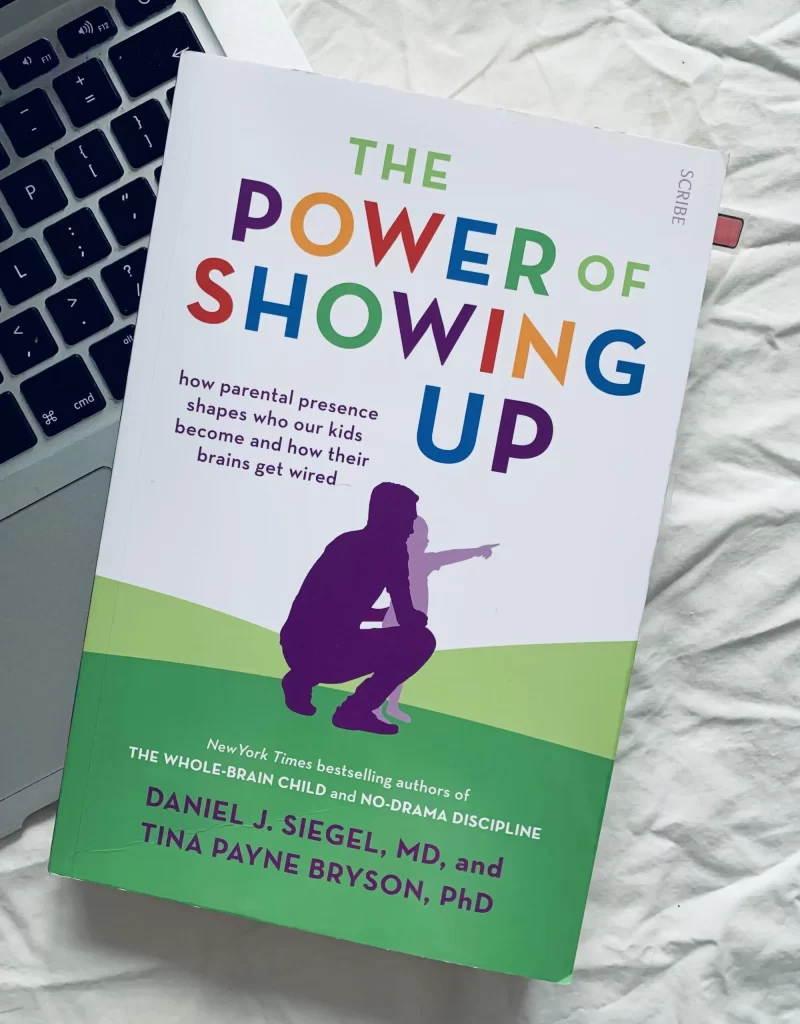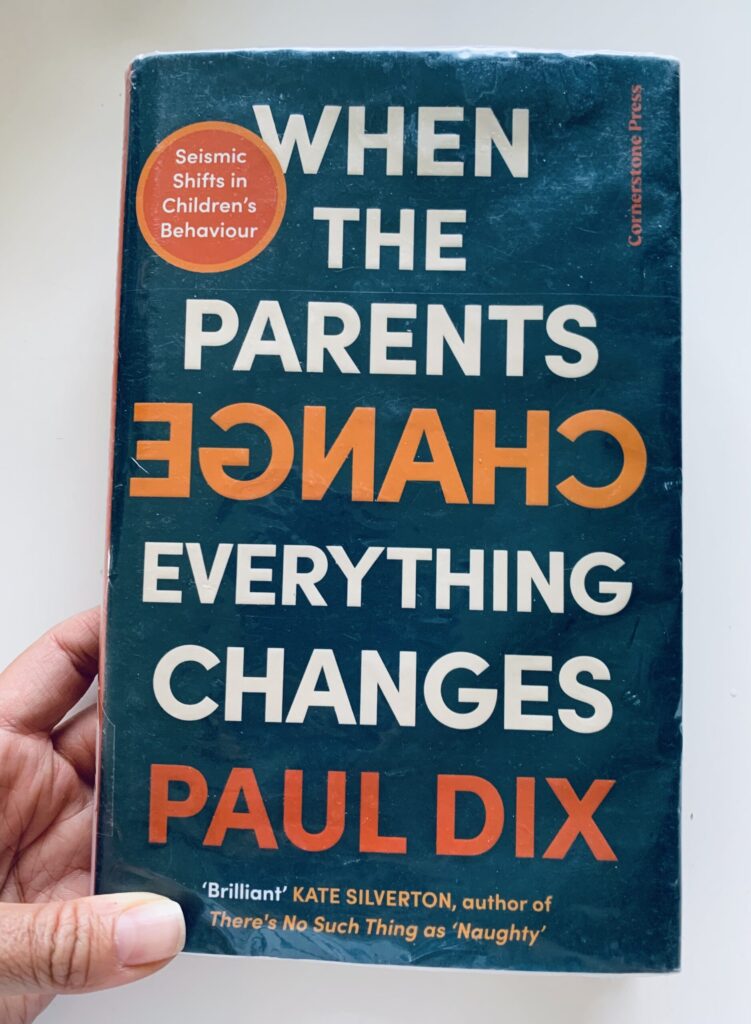Kind words of affirmation and encouragement from parents have a profound impact on a child’s life in the long run.
When you ask people what is the most important in parenthood, most would say that LOVE is the key. And that’s true.
There is plenty of scientific evidence which shows that children who feel loved and cherished by their parents thrive in life. They have higher self-esteem, better academic performance, improved parent-child communication, and fewer mental and behaviour problems.
And here is the trick.
Sometimes the way we express love to our children does not necessarily make them feel loved.
As Gabor Maté said:
“Love felt by the parent does not automatically translate into love experienced by the child.”
So…here is an honest question: What makes your child feel loved?
Obviously, there is no “one-size-fits-all” answer to this question as every child is unique. But when you think of it from the five love languages perspective, just simply expressing your love in words can do the trick. In The 5 Love Languages, Gary Chapman says that words of affirmation is the most common love language. So why don’t we use it more often with kids?
Simply translating your endless love into real words is a great strategy you can use at home to help your children feel loved and confident.
We strongly believe that the way we talk to our children has a profound effect on them. What we say to our children become their inner voice. So words do matter.
Today we are sharing our list of 14 things every parent should always say to their child to help them grow into thriving adults.
14 things you should always say to your child

1. I love you!
These simple words can change lives. Say them every day to make your child feel that he is a lovable and valued person. No matter what.
2. You are important
Because every child is important. More than anything else in this world.
3. I am proud of you!
Every child wants to hear that they make their parents proud. So take time to say it and let them know why. Pay attention to your child’s progress and praise them for their effort. You can follow up with “You should be proud of yourself too!”.
4. I’m so happy to see you!
In the morning, after school, after a couple of hours with grandparents. Just get to the child’s level and say it with a smile. Every. Single. Time.
5. I am grateful for having you
Every child is a gift. Make sure you take an opportunity to say it to your child to make them feel lovable. The feeling of gratitude will also boost your very own happiness level, and it can create a positive upward spiral of reciprocal caring behaviour. Win-win for everyone.
6. I love being your mom (dad)
We often complain that parenting is hard. And it is hard. But tell your child that you love this challenge! Children should know that they bring joy to our lives.
7. I love spending time with you
Even though sometime it might be tiring 🙂 This will make your child feel confident that he is a fun person to be around.
8. I trust you
Trust creates connection. And connection leads to cooperation (and many other positive things).
9. You can do it!
Helping a child develop mastery and teaching them a growth mindset is a must for every parent. And it all starts with believing in your child and encouraging them to persevere when facing challenges.
10. Tell me more about that
That magical phrase will help you build connection with your child and open up conversations about what may bother them. So whether it is “Look at my picture!” or “I hate school”, these five words are priceless in your parenting toolbox. Just don’t forget to be present and listen empathetically 🙂
11. It’s ok to make a mistake
Everyone makes mistakes. Treat your child with compassion and teach them that mistakes are necessary for growth. This will also help them develop a growth mindset and grit, which are essential for success in life.
12. How are you feeling?
By asking a child to reflect on their own feelings, needs, and wants, we help them develop self-consciousness, which is crucial for thriving in life (and is essential for healthy self-esteem). You can use the SIFT strategy from The Whole-Brain Child to take it further (check out our notes here).
13. I like it when you…
Too often, we focus our attention on our child’s unwanted behaviour. Magic happens when we shift the perspective and talk about positive aspects of their behaviour. So instead of focusing on what your child does wrong, try to highlight what they do right. Every day.
14. Just be yourself!
Teaching your children that they’re enough and never have to be anyone else is super important. This will also help them have a sense of control of their lives, which is essential for thriving.
Here is a “refrigerator sheet” that you can print out and put somewhere you can see (or just save the pin):

You can say these things whenever you want and as much as you want. The whole point is to make it a habit.
As James Clear suggests in Atomic Habits (check out our notes), start small and then expand on it with time.
For example, begin with saying one phrase from the list every night as part of the bedtime routine. In a month, expand the list of cues (with implementation intentions):
- When I pick my child from school, I will say, “I’m so happy to see you!”
- When my child makes a mistake, I’ll say, “It’s ok to make a mistake.”
- When we are in a car driving to grandparents, I’ll ask my child how he feels
You get the point. Maybe our cheat sheet can be a great cue for you.
Then remind yourself that both you and your child will benefit from positive messages. Once you’ve shared a positive message with your child, notice how it made YOU feel.
And don’t forget to high-five yourself for showing up for your child. And just keep the ball rolling.
Every child deserves to feel loved.
Sending you loads of love,
Irina & Dawid



